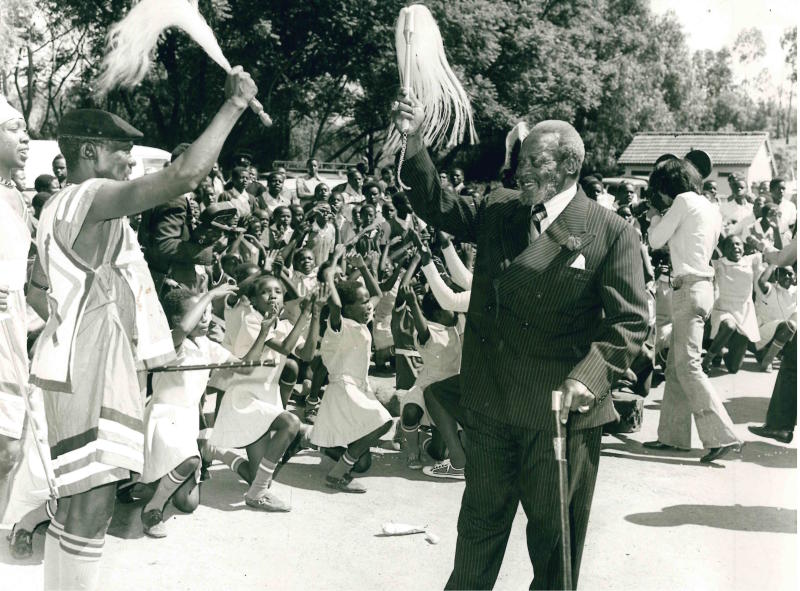
Lulu happily trotted on the manicured lawns ahead of its bearded master, who was majestically following, unaware the discomfort its presence was causing. The host, another bearded man who was in his 70s could hardly contain himself as he watched the little dog in hisgarden.
The host was tempted to swing his bakora (walking stick) and whack some sense into the little canine, which had in a way desecrated his harrowed private world. However, the host’s great respect and admiration for Emperor Haile Selassie, the supreme ruler of Ethiopia, calmed him a bit.